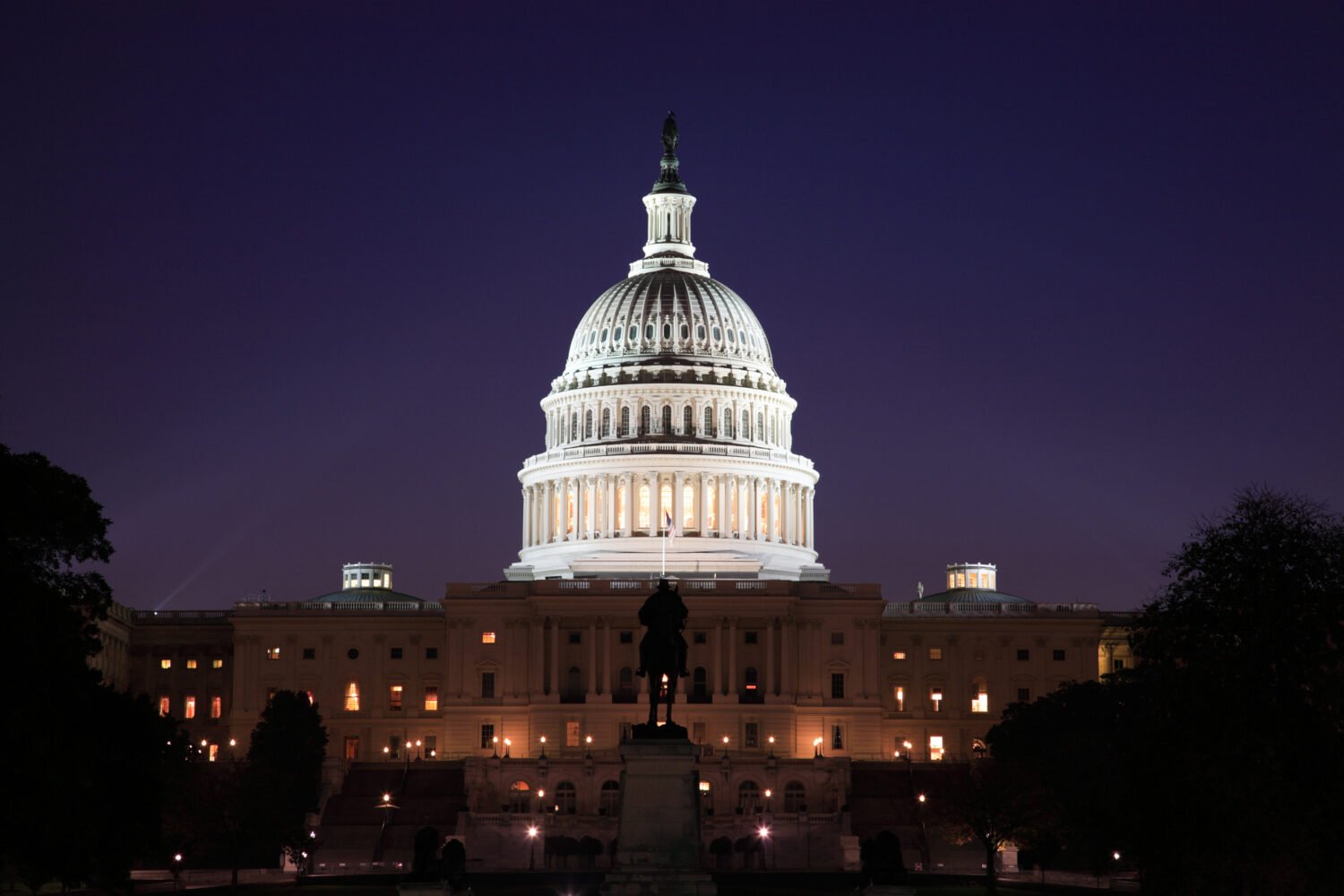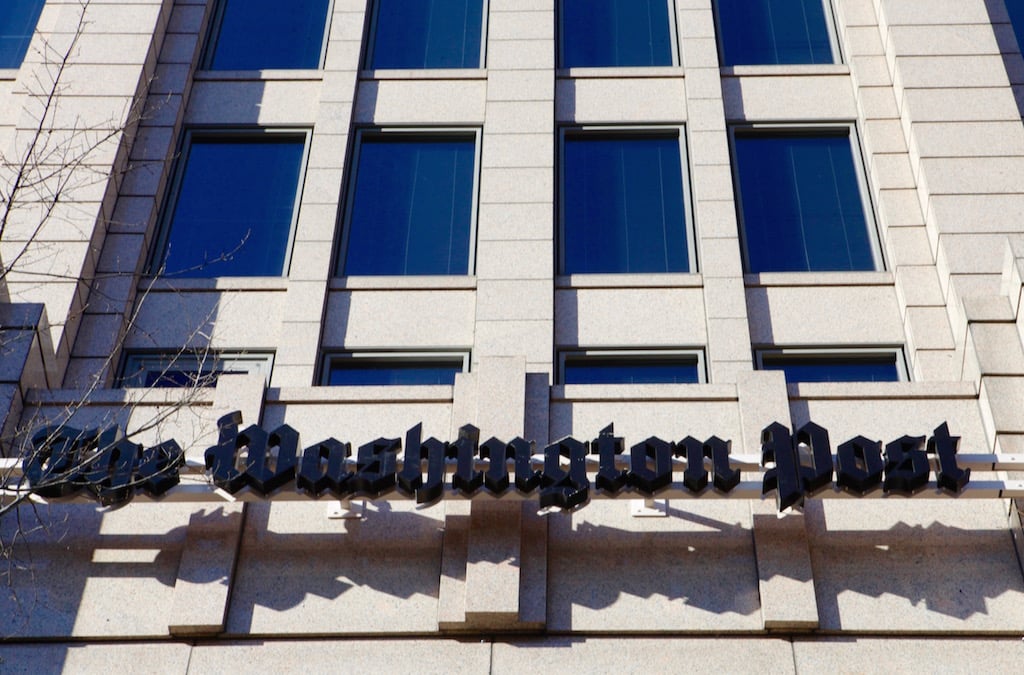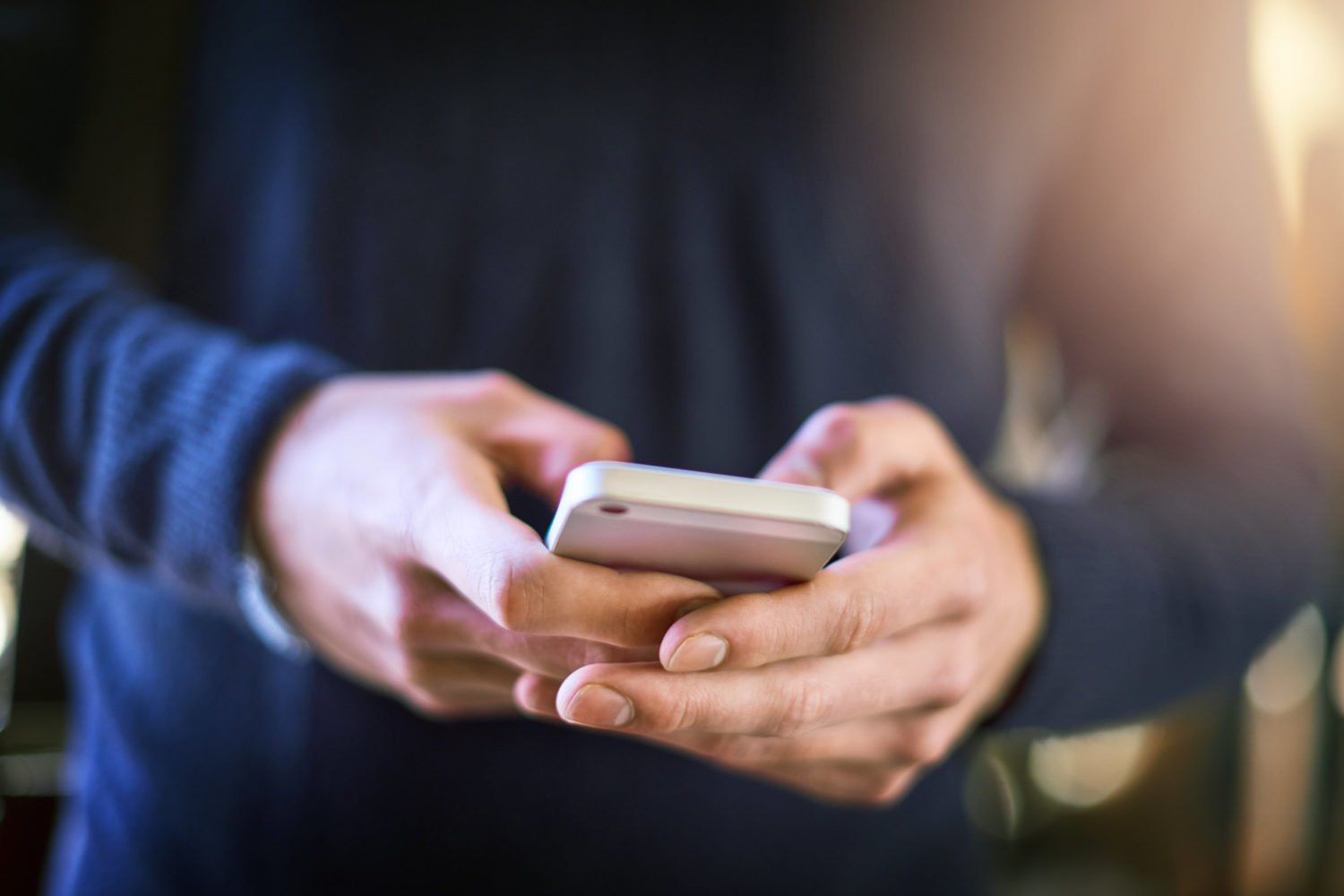I am the Washingtonian employee whom the editors have generously allowed to write without a byline so that I might candidly address a subject of some recent concern: anonymity. Namelessness has been all over our city’s news of late, with a confidential whistleblower sparking the impeachment proceedings and a mystery Trump official—who has adopted the unimaginative moniker of Anonymous—penning the bestselling book A Warning.
For many years, I have been a big admirer of people who choose, for whatever reason, not to promote themselves. The world needs more humility—individuals who want to be heard rather than recognized, to be understood rather than venerated. This is especially true in the social-media era, when needy tweeters and unrestrained Instagrammers issue rivers of “look at me!” postings. These days, there’s something mildly heroic about keeping stuff to yourself.
Plus, at a moment when online privacy violations are routine and facial-recognition technology makes even our basic identity easy to trace, anonymity has come to feel increasingly elusive—an accomplishment.
Of course, there’s a less noble local tradition around anonymity, too. For every selfless whistleblower, there are scores of not-for-attribution “anonymice,” spinning without leaving fingerprints.
So it’s safe to say Washington has a complicated relationship with anonymity. On the one hand, a great deal of what we now know about the inner workings of this embattled administration has come courtesy of anonymous informants, with nameless insiders blabbing both to newspaper reporters and to authors such as Michael Wolff and Bob Woodward. On the other hand, it’s pretty clear that many of the current blabbers are motivated by something other than the future of our republic. (Consider another Woodward source, Deep Throat, who became the most famous incognito tipster in Washington history after getting mad over not receiving a promotion.)
So how to think about the current group? The White House whistleblower used the proper channels to alert authorities to significant concerns about possible wrongdoing—exactly the sort of person for whom whistleblower protections were created. (Now that most of that account has been confirmed by others, there’s no reason for the public to know who it is.)
Yet while the whistleblower appears to have been motivated by genuine concerns, the author of A Warning seems less admirable. This is someone who could be testifying under oath or at least talking on the record. Instead, it’s easy to see the person’s anonymity as merely a tool to goose book sales or to salvage personal reputations.
But recently, I found out about a different anonymous Washingtonian, and this one has helped shore up my faith in the benefits of public secrecy. The mysterious person—known only as Ferment DC—has not been serving up information about our commander in chief but rather delivering something that’s a different kind of crusty and sour: loaves of bread. The benevolent baker has been giving away one sourdough boule per day on Twitter, conveyed to a winner via bicycle. There appears to be no ulterior motive, no business (or book) to promote—it’s simply a way to spread joy. In November, a Washingtonian staffer was a lucky beneficiary of the baker’s largesse. At the appointed hour, a loaf showed up at our office, at no charge and with no expectation of reciprocal benefit. It was delicious.
This article appears in the January 2020 issue of Washingtonian.

















